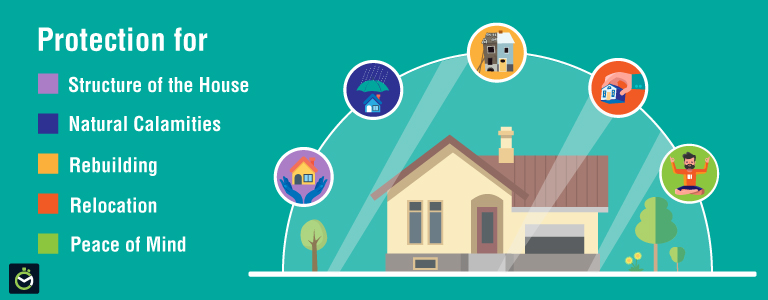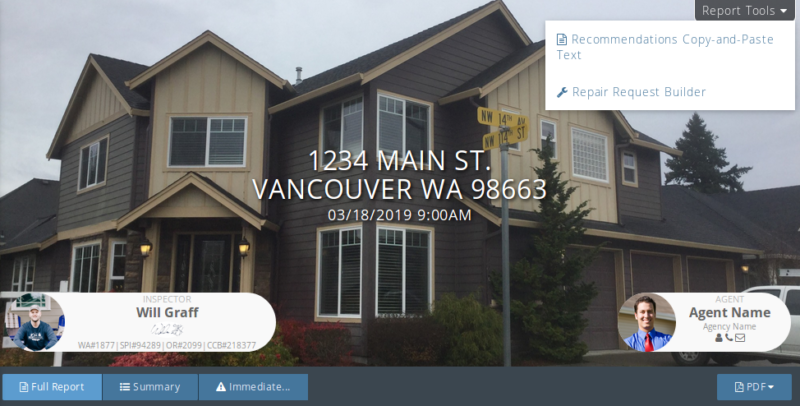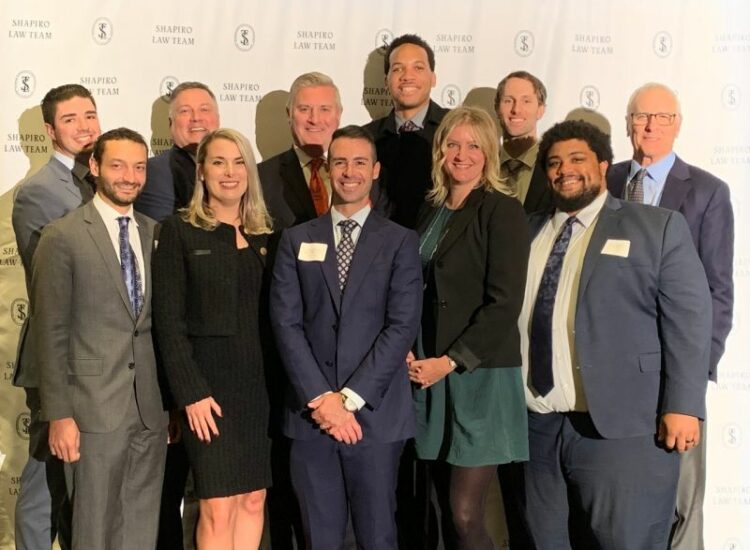The allure of a successful real estate career is undeniable, with the promise of financial freedom and a flexible lifestyle. However, the reality is far more demanding, requiring a unique blend of skills, market knowledge, and unwavering dedication to navigate the competitive landscape. While the industry often portrays a glamorous image, becoming one of the best real estate agents necessitates a deep understanding of the market’s complexities and a commitment to continuous learning.
Toc
Mastering the Real Estate Market

Developing a comprehensive understanding of the local real estate market is the foundation for any successful agent. This involves conducting thorough market research, analyzing pricing strategies, monitoring inventory levels, and staying informed about the economic factors that influence buyer and seller behavior.
Analyze Market Trends and Pricing Strategies
Top real estate agents possess an in-depth knowledge of their local markets, including current pricing trends, inventory levels, and the factors that drive buyer and seller decisions. By immersing themselves in the latest market data, attending industry events, and networking with experienced professionals, they gain a competitive edge in the ever-evolving real estate landscape. For example, a top agent might use a real estate analytics platform like Realtor.com’s Data & Insights or CoreLogic’s MarketPulse to track local trends in home values, inventory levels, and days on market. By understanding these trends, they can advise clients on the best time to buy or sell and set realistic pricing expectations.
To effectively price properties for optimal results, agents should conduct a Comparative Market Analysis (CMA). This involves evaluating similar properties that have recently sold, are currently on the market, and those that failed to sell. By understanding the nuances of the market and how various factors affect property values, agents can provide accurate pricing recommendations that attract buyers and maximize seller profits.
Understand the Impact of Economic Factors
The real estate industry is heavily influenced by broader economic conditions, such as interest rates, inflation, and employment levels. Successful agents closely monitor these indicators and adjust their strategies accordingly, ensuring their clients are positioned for success in any market climate. For instance, during periods of low-interest rates, buyers are more likely to enter the market, driving up demand for properties. In 2022, the Federal Reserve aggressively raised interest rates to combat inflation. This resulted in a significant slowdown in the housing market, with home sales declining for several consecutive months. Top agents had to adapt their strategies by focusing on educating clients about the changing market conditions, managing expectations, and potentially adjusting pricing strategies to attract buyers in a more competitive environment.
Moreover, understanding local economic conditions, such as job growth and demographic shifts, can help agents predict market trends and advise clients effectively. By staying informed about these economic indicators, the best real estate agents can identify opportunities and mitigate risks for their clients.
Essential Skills for the Best Real Estate Agents

Beyond mastering the real estate market, the most successful agents excel in a range of critical skills that set them apart from the competition. These include strong negotiation abilities, exceptional communication skills, and a talent for personal branding and marketing.
Negotiation Expertise
Effective negotiation is a hallmark of the top real estate agents. They understand the art of finding common ground, addressing client needs, and achieving mutually beneficial outcomes. By honing their negotiation skills, they can navigate complex transactions and secure the best possible deals for their clients. Top agents approach negotiations with a win-win mindset, ensuring that all parties feel satisfied with the outcome. However, some argue that the win-win approach can sometimes be difficult to achieve in real estate, especially in a competitive market. In situations where multiple offers are received, agents may need to prioritize their clients’ interests and advocate for the best possible outcome, even if it means a less favorable outcome for the other party.
Top agents practice active listening, allowing them to grasp the motivations and concerns of their clients and the opposing party. This understanding enables them to craft solutions that address the needs of both sides, increasing the likelihood of a successful transaction.
Exceptional Communication and Relationship Building
Strong communication skills and the ability to build genuine connections are essential for real estate top agents. The best in the industry excel at active listening, conveying information clearly and concisely, and developing lasting relationships with clients, colleagues, and industry partners.
Effective communication goes beyond just talking; it involves understanding the nuances of body language and tone, as well as adapting communication styles to suit different clients. Whether it’s face-to-face meetings, phone calls, or digital communication, top-ranked real estate agents know how to engage their audience and convey their message effectively.
2. https://langdongtamhon.blog/the-best-real-estate-classes-online-for-aspiring-agents-in-california/
3. https://langdongtamhon.blog/real-estate-agents-top-navigating-the-luxury-market/
5. https://langdongtamhon.blog/the-secret-formula-to-becoming-a-best-real-estate-salesperson/
Moreover, building strong relationships is crucial for long-term success. The best real estate agents prioritize client satisfaction above all else, going the extra mile to ensure a positive and memorable experience. They invest time in nurturing their connections, whether through regular follow-ups, personalized communication, or by simply being present during important life events for their clients. This commitment to relationship-building fosters trust and loyalty, leading to repeat business and referrals.
Powerful Personal Branding and Marketing
Establishing a strong personal brand and implementing strategic marketing initiatives are critical for agents who aspire to be among the best in the industry. This involves crafting a unique value proposition, creating a visually appealing online presence, and leveraging digital marketing tools to reach and engage potential clients.
A well-defined personal brand helps agents differentiate themselves in a crowded market. This includes identifying their target audience, understanding their unique strengths, and communicating their expertise effectively. By consistently presenting their brand across all platforms—whether through social media, websites, or marketing materials—agents can build recognition and credibility.
In addition, effective marketing strategies, such as content marketing, social media advertising, and email campaigns, enable agents to reach a wider audience and generate leads. By showcasing their knowledge, sharing market insights, and providing valuable resources, top real estate agents can position themselves as trusted authorities in their field.
Developing a Thriving Real Estate Business

To become a top-performing real estate agent, it’s essential to build a successful and sustainable business. This requires a focus on lead generation, client relationship management, and continuously adapting to industry trends and changes.
Generating Leads and Attracting Clients
The most successful real estate agents understand the importance of diversifying their lead generation strategies. This may include leveraging online marketing, networking with industry professionals, and cultivating a strong referral network to consistently attract new clients. One recent trend impacting the industry is the rise of iBuyers, such as Opendoor and Offerpad, which use technology to make instant cash offers on homes. While these companies can be a competitor for agents, they also present opportunities for collaboration. Agents can work with iBuyers to reach a wider audience and offer their clients additional options for selling their homes quickly and efficiently.
Effective lead generation strategies might involve creating targeted advertising campaigns on social media platforms, utilizing search engine optimization (SEO) techniques to enhance online visibility, or hosting community events to engage with potential clients. By employing a multifaceted approach to lead generation, agents can expand their reach and increase their chances of success.
Providing Exceptional Client Experiences
The best real estate agents are relentless in their pursuit of client satisfaction. They prioritize understanding their clients’ needs, communicating transparently, and going above and beyond to ensure a positive and memorable experience. To enhance client experiences, top agents often implement systems for regular communication, updates on market conditions, and timely responses to inquiries. They also take the time to understand their clients’ preferences, ensuring that they provide tailored solutions that meet individual needs.
Moreover, creating a seamless transaction process can significantly improve client satisfaction. This might involve utilizing technology to streamline paperwork, providing resources to guide clients through the buying or selling process, and offering post-transaction support to answer any lingering questions.
Adapting to Industry Trends and Changes
The real estate industry is constantly evolving, driven by technological advancements, changing consumer preferences, and new regulatory requirements. The top agents embrace this dynamic environment, continuously educating themselves and adapting their strategies to stay ahead of the curve. By staying informed about the latest trends and innovations in real estate, agents can identify opportunities to enhance their services and improve client outcomes. This might involve adopting new technologies, such as virtual home tours, or exploring innovative marketing strategies to engage clients in unique ways.
Additionally, VR technology is increasingly being used in real estate to provide immersive experiences for buyers. Companies like Matterport and VHT Studios offer VR solutions that allow agents to create 3D virtual tours of properties, giving buyers a more realistic and engaging view of the space. This technology can be particularly beneficial for properties in remote locations or for showcasing complex architectural features.
The Role of Technology in Real Estate

In the digital age, the successful real estate agent must be adept at leveraging technology to streamline their operations, enhance client experiences, and gain a competitive edge.
1. https://langdongtamhon.blog/the-secret-formula-to-becoming-a-best-real-estate-salesperson/
3. https://langdongtamhon.blog/real-estate-agents-top-navigating-the-luxury-market/
4. https://langdongtamhon.blog/the-best-real-estate-classes-online-for-aspiring-agents-in-california/
Embracing Virtual Tours and Augmented Reality
The integration of virtual tours and augmented reality has transformed the way properties are presented and experienced. Successful agents understand the importance of incorporating these cutting-edge technologies to provide their clients with a more immersive and engaging property-viewing experience. By offering virtual tours, agents can showcase properties to a broader audience, allowing potential buyers to explore homes from the comfort of their own devices. This not only saves time for both agents and clients but also increases the chances of attracting serious buyers who may not be able to visit in person.
Harnessing Data Analytics and CRM Tools
Top-performing real estate agents recognize the power of data-driven insights to inform their business decisions. By utilizing advanced analytics and customer relationship management (CRM) tools, they can gain a deeper understanding of market trends, client behavior, and their own performance metrics. These tools enable agents to track leads, monitor client interactions, and analyze the effectiveness of their marketing strategies. While data analytics and CRM tools can be valuable, some agents argue that they can also lead to a focus on metrics over genuine client relationships. It’s important to strike a balance between data-driven insights and building strong connections with clients.
By leveraging data analytics, agents can make informed decisions that drive business growth and improve client satisfaction.
Mastering Digital Marketing and Social Media
In an increasingly digital landscape, the best real estate agents have mastered the art of online marketing and social media engagement. They use these platforms to build their personal brand, showcase their expertise, and reach a wider audience of potential clients. Effective social media strategies might include sharing market updates, showcasing successful transactions, or providing valuable tips for buyers and sellers. By engaging with their audience through comments, direct messages, and live sessions, top-ranked real estate agents use social media to build a genuine connection with their audience, engaging in conversations, responding to questions, and sharing valuable insights, creating a sense of community and trust among their followers.
The Future of Real Estate: Trends and Opportunities

As the real estate industry continues to evolve, successful agents must be prepared to adapt to emerging trends and capitalize on new opportunities. From the rise of sustainable real estate to the impact of PropTech (property technology) and changing consumer preferences, the future of the industry holds both challenges and exciting possibilities.
Embracing Sustainable Real Estate Practices
The growing emphasis on environmental sustainability is reshaping the real estate industry. The top agents of the future will be those who can demonstrate their expertise in energy-efficient construction, green building standards, and eco-friendly materials, catering to the evolving needs and preferences of their clients. By positioning themselves as advocates for sustainable practices, agents can appeal to environmentally-conscious buyers and sellers. This might involve highlighting the benefits of energy-efficient homes, providing resources on sustainable living, and staying informed about relevant regulations and incentives.
The rapid advancements in property technology, such as blockchain, smart home integrations, and AI-powered tools, are transforming the way real estate transactions are conducted. The best agents will be those who can seamlessly integrate these innovative solutions into their business operations, enhancing their efficiency and providing their clients with a cutting-edge experience. For instance, utilizing blockchain technology can streamline transactions and improve security, while AI-driven tools can assist in lead generation and client management. By staying ahead of these technological trends, agents can position themselves as forward-thinking professionals in a competitive market.
Adapting to Changing Consumer Preferences
The COVID-19 pandemic has accelerated the shift in consumer preferences, with factors like remote work, flexible living arrangements, and a greater emphasis on personal space and outdoor amenities gaining importance. The top real estate agents will be those who can quickly adapt their strategies to cater to these evolving demands and stay ahead of the curve. Understanding these changing preferences allows agents to tailor their marketing messages, highlight the features that matter most to buyers, and provide valuable insights into emerging neighborhoods and communities. By being attuned to the needs of their clients, agents can build strong relationships and foster loyalty.
FAQs

- What are the most important qualities of a successful real estate agent?The most important qualities of successful real estate agents include strong negotiation skills, excellent communication abilities, a deep understanding of the local market, a commitment to client satisfaction, and a relentless drive to succeed.
- How can I stand out from the competition as a new real estate agent?To stand out as a new real estate agent, focus on developing a unique value proposition, specializing in a niche market, building a strong online presence, and providing exceptional customer service.
- What are some of the biggest challenges facing real estate agents today?Some of the biggest challenges facing real estate agents include staying up-to-date with technology, adapting to changing market conditions, competing with a growing number of agents, and attracting clients in a competitive market.
- What advice would you give to someone starting their career in real estate?Focus on building a strong foundation in real estate principles, develop a unique value proposition, network actively, and continuously educate yourself to stay ahead in the industry.
Conclusion
Becoming one of the best real estate agents requires a multifaceted approach that combines in-depth market knowledge, essential skills, and a commitment to adapting to industry changes. By mastering the fundamentals of the real estate market, developing a successful business model, and embracing the transformative power of technology, aspiring agents can position themselves for long-term success in this dynamic industry.
The real estate landscape is constantly evolving, and the top-performing agents of the future will be those who can seamlessly blend their expertise, adaptability, and client-centric approach to navigate the changing landscape and deliver exceptional results. Start building your real estate career today and unlock your potential to become one of the best in the industry. Embrace the challenges, seize the opportunities, and let your journey to success in real estate begin!













